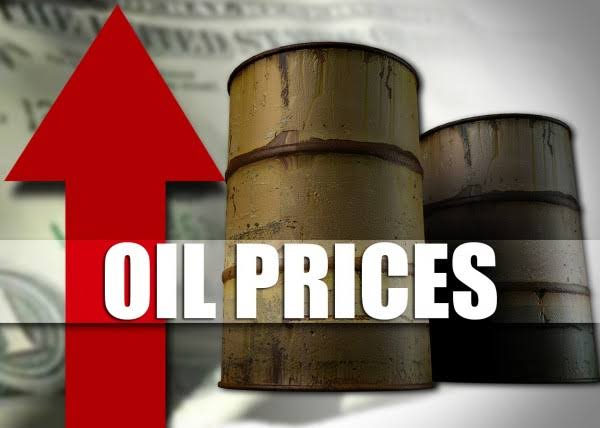US President, Joe Biden, on Saturday, welcomed congressional passage of a long-delayed $1 trillion infrastructure bill, which may boost growth and demand for fuel.
China’s export growth slowed in October but beat forecasts, buoyed by rising global demand ahead of the winter holiday seasons and improvements in coronavirus-hit supply chains.
The impressive growth in Chinese October exports and imports implies that the health of the world’s second biggest economy is on the mend,” analyst at PVM Oil Associates, Tamas Varga said.
“Saudi Arabia also reckons that the next few weeks will be tight, this is why its official selling price to Asia was increased by $1.40 a barrel.”
Saudi Arabia late on Friday raised the price of its benchmark crude for customers in Asia in December, exceeding market expectations.
Demand for jet fuel looks set to take off as more governments make air travel easier with reduced restrictions for coronavirus.
Further supporting prices was the decision by the Organization of the Petroleum Exporting Countries, OPEC and allies such as Russia, together known as OPEC+, not to speed up their planned production increases last week.
” After the sharp correction in the second half of last week the market still believes that global oil stocks will deteriorate further because the OPEC+ group has only increased production by 400,000 bpd (barrels per day),” Varga said.
Biden had called on OPEC+ to produce more crude to dampen rising prices and on Saturday said his administration had “other tools” to deal with the higher price of oil.
Meanwhile, China’s oil imports slumped in October to the lowest in three years, as state-owned refiners withheld purchases due to higher prices, while independent refiners were restrained by limited quotas for bringing in crude.



